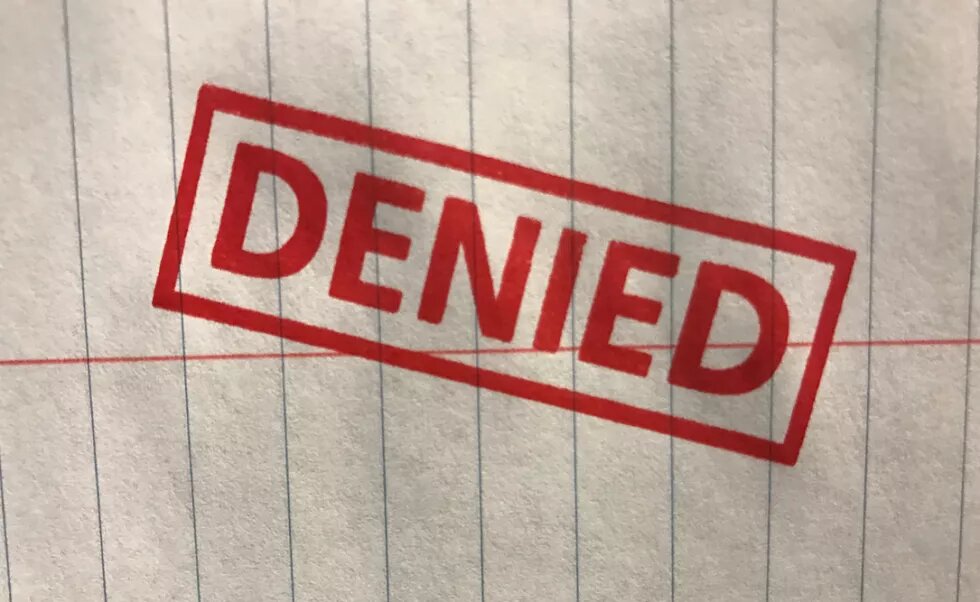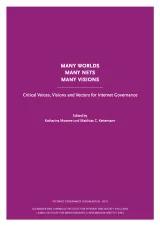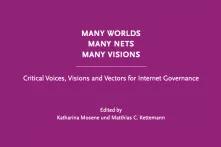The internet offers possibilities for everyone. But its accessibility is still sorely wanting. In order to change that, we must reconsider its institutions, its premises and its technology – and along with that, the relationships between people with and without disabilities.

The invitation to this year’s IGF meeting in Berlin contains the very welcome proclamation that “we must leave no one behind in accessing the benefits of the Internet and the digital age.” Great, so let’s do it!
The internet has all the potential for being a great equalizer among people of different backgrounds and abilities. The anonymity of the internet gives us the opportunity to be in contact with each other on equal footing and to create a digital age that is truly for everybody. But because the internet is also a mirror of our societies and of human nature, it also has the potential for perpetuating existing inequalities, prejudices and discrimination.
We have everything we need to make the vision of an inclusive internet a reality: legislation, guidelines, experience, best practices and capable people. Unfortunately, there are far too many people making decisions, writing code and designing apps who themselves do not have a disability, who do not listen to people with disabilities and who have not learned to take accessibility into account. Except maybe as an afterthought, after everything else has been decided, coded and designed.
This will only change if the disability rights movement’s call for “Nothing about us without us” is finally put into practice. People with disabilities need to be at the table all the time, including during the development of internet governance policies and open data standards, so that their perspectives, their needs and their innovative ideas are brought into the process from the beginning.
Anyone who has watched a silly YouTube video at work is glad that subtitles are available, anyone trying to understand a website in a foreign language is relieved to find a version of the site in plain language. It’s easy – everyone stands to gain from the internet becoming more accessible.
This article was first published (12th November 2019) online via hiig.de and is part of the publication "Critical Voices, Visions and Vectors for Internet Governance".

